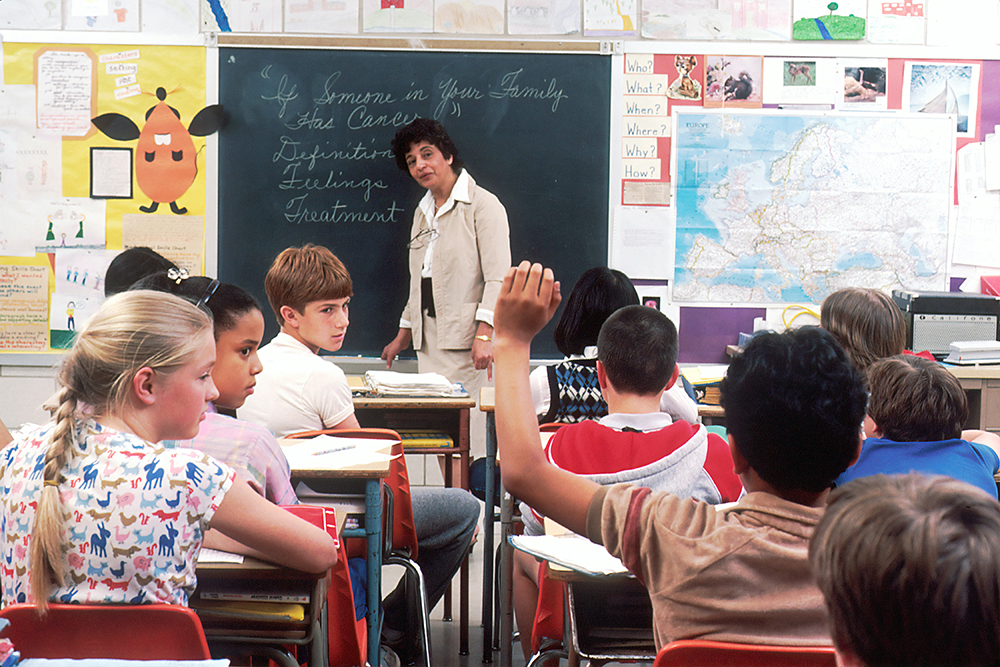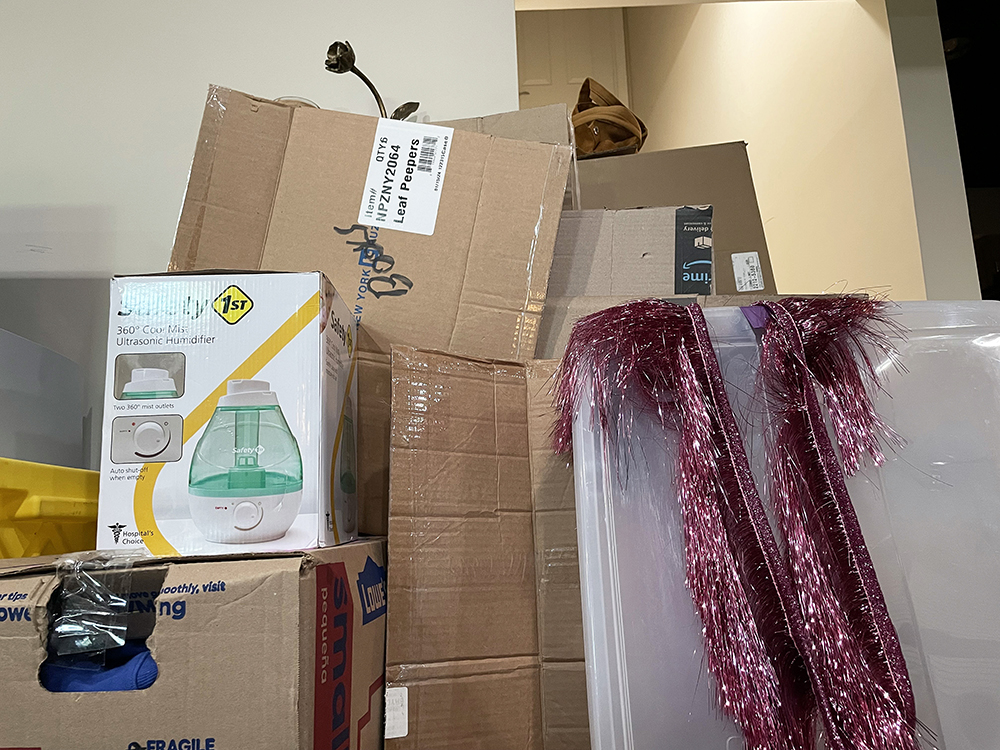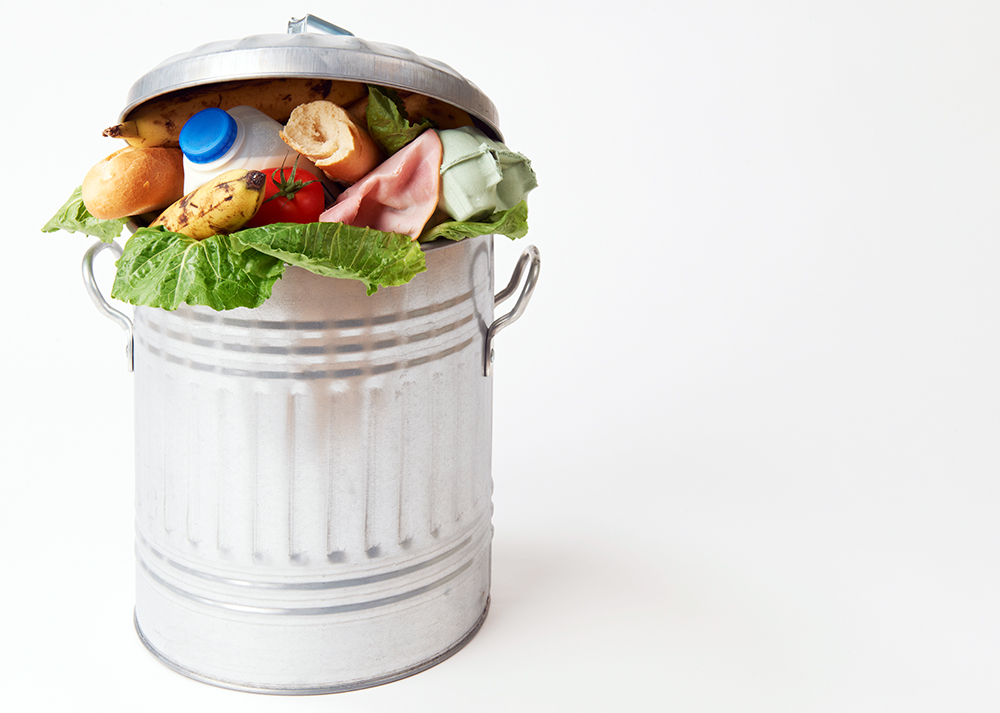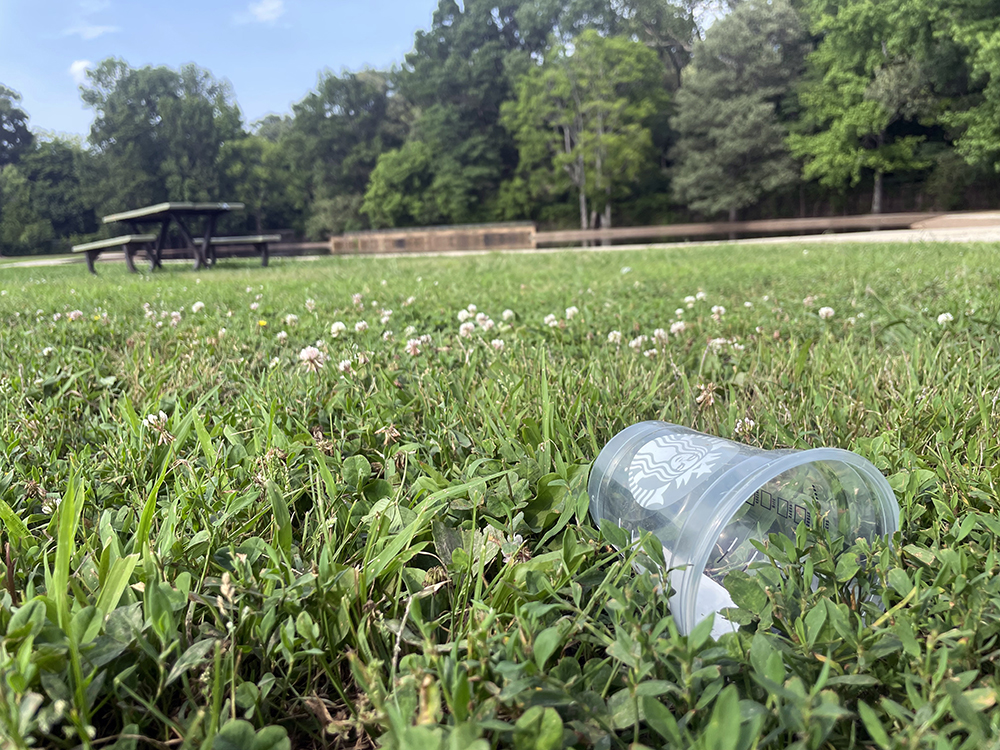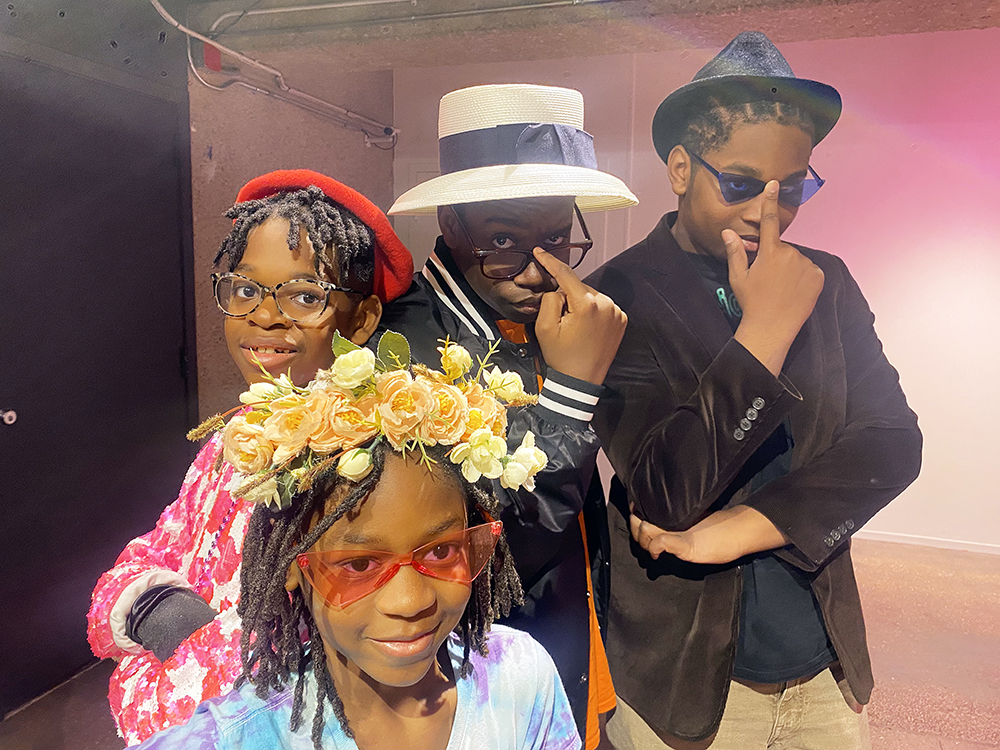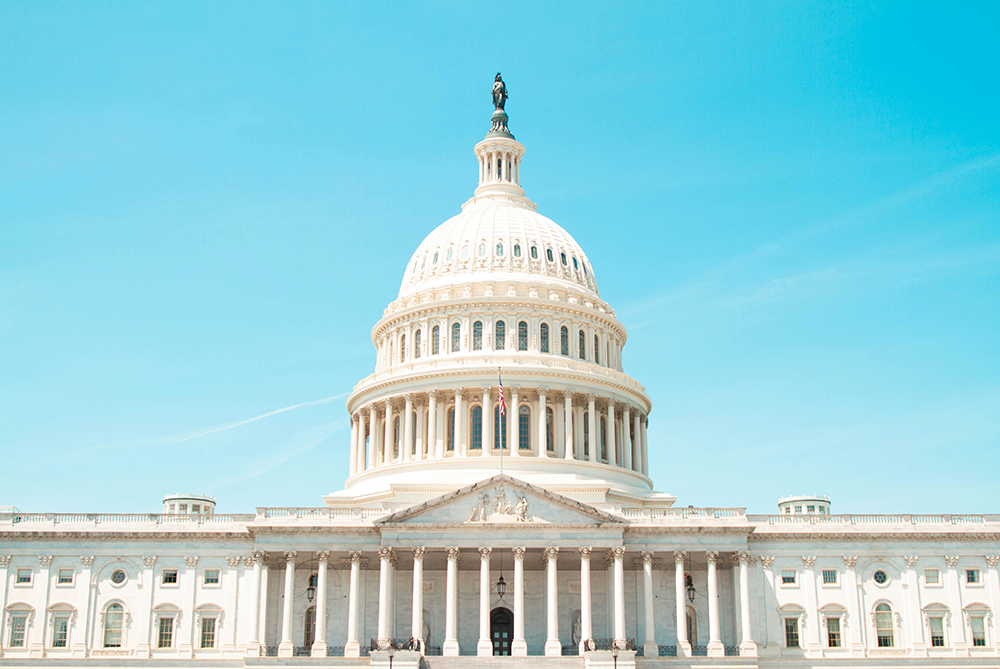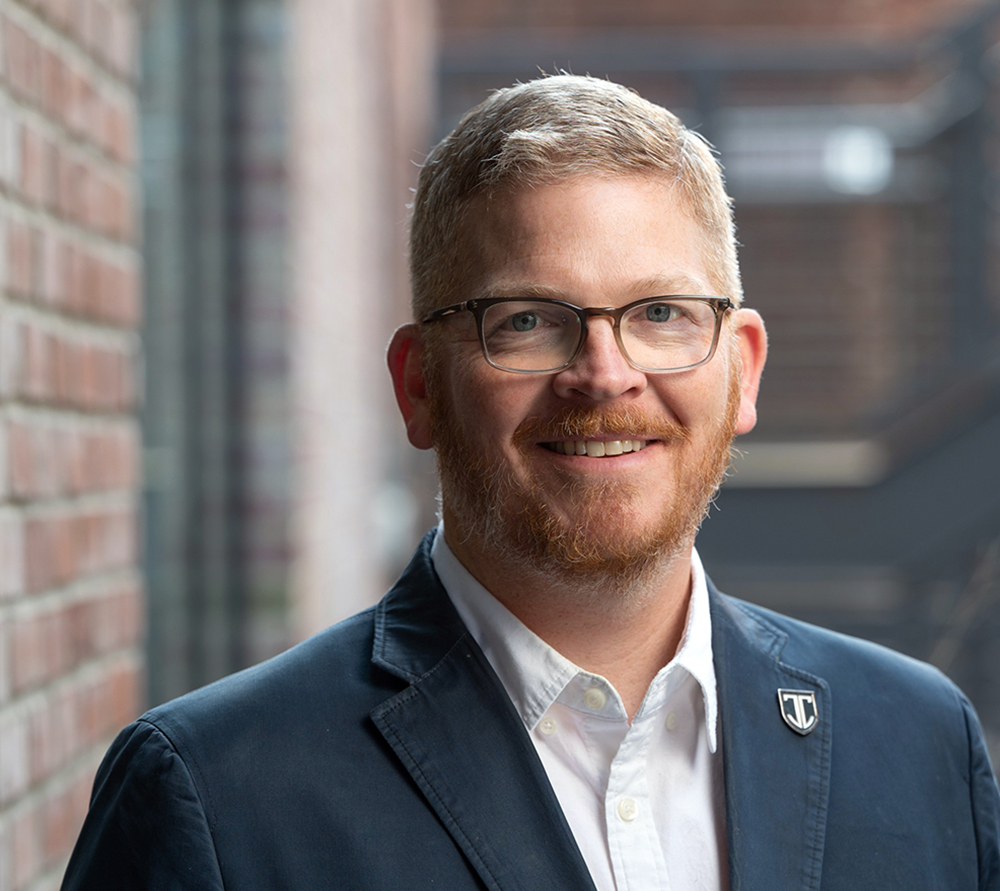President Donald Trump has been having a rough week, at least so far as PR goes. He can’t seem to quiet down the hubbub over deceased convicted sex offender Jeffrey Epstein. Then The Wall Street Journal published an alleged birthday letter from Trump to the disgraced billionaire financier, sparking a flurry of furious and intermittently capitalized posts from the president to Truth Social, in which he cried “hoax,” threatened to sue the Journal, and called out owner Rupert Murdoch by name. Schadenfreude has never been my favorite feeling, but, truly, you love to see it.
On the heels of that ever-growing snowball of a story, the president’s reconciliation package has spurred a slew of posts, articles, TikTok videos, and official reports about the detrimental effects cuts to the Supplemental Nutrition Assistance Program (SNAP) will have on American families. According to research from the Urban Institute, a nonpartisan instrument for policy research, the cuts to the SNAP program will affect 22.3 million American families, with families losing around $146 a month on average.
Finally, last week, on July 17, 2025, Mother Jones reported that the Trump administration’s State Department “decimated its office combating human trafficking.”

“For 25 years, the [Office to Monitor and Combat Trafficking in Persons] has worked to combat human sex and labor trafficking around the world,” Pema Levy writes for the magazine’s website.
Looking at these recent news items together, one can almost triangulate a general attitude toward children and other vulnerable groups. It’s almost as if the current administration — and anyone aiding them — hates kids.
Here’s the simple fact of the matter: Evil is banal. It’s not a coven of cloaked politicians and celebrities, their leader dramatically raising a silver knife above a bound and helpless child, ready to be sacrificed to dark gods or moon-dwelling lizard people. Evil is tax cuts for people who don’t need them, paid for by taking money from vulnerable groups. It means assessments that cost more to perform than the amount of fraud they prevent. It’s the “bootstraps” mentality, the idea that compassion and community are weaknesses, but unchecked competition is somehow socially beneficial.
Similarly, real heroes rarely wear capes or a big, goofy, primary-colored symbol across their chests. They’re social workers and teachers and nurses and government employees in bland offices doing boring work because they know that, even if they don’t see the results or receive thanks, their dull and dreary office job means industrial chemicals won’t leach into soil next to a preschool. Protecting children doesn’t look like a heavily armed task force; it looks like universal pre-K, Sesame Street, and, yes, SNAP benefits. It’s a different kind of heroism, with no trumpets, no string section.
If you want to protect your children — or aging parents or friends and family with disabilities — you have to ensure that they’re all protected. Some Americans apparently thought that rights and protections being stripped from other groups meant they would be safer, that they would be the recipients of whatever remained, but the reverse is true. Those Americans cheered while the precedent for their own disenfranchisement was set.
To my eyes, Trump’s recent PR woes are hardly news. The selfishness and cruelty have always been there, and they’re by no means exclusive to the president. The ongoing controversy around the alleged Epstein files seem to be a bridge too far for some among his MAGA acolytes, though, and when it comes to optics, the timing of the downsizing of the State Department’s human trafficking office couldn’t have come at a worse time. It does paint a gruesome picture though.
Drag queens, DEI, trans athletes, immigrants — there’s always some nebulous threat waiting to swoop down and carry off American children, and only Trump and his GOP cronies can protect them.
If that’s true, though, and if they really care about our kids’ safety, why are they working so hard to make sure American children are hungry?
Jesse Davis is a former Flyer staffer; he writes a monthly Books feature for Memphis Magazine. His opinions, such as they are, include a belief that the phrase “hungry kids” shouldn’t even exist in the year 2025, for Pete’s sake.
